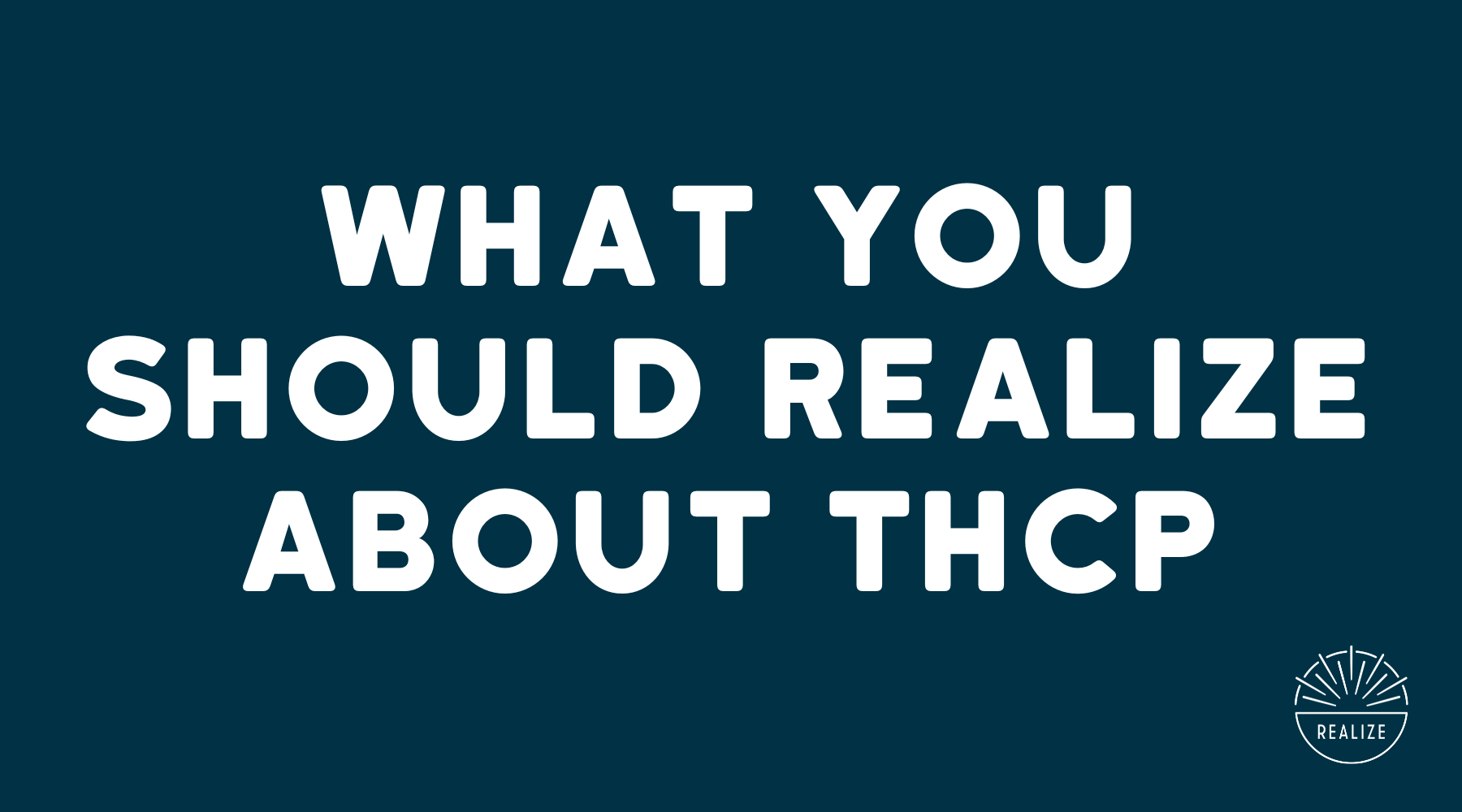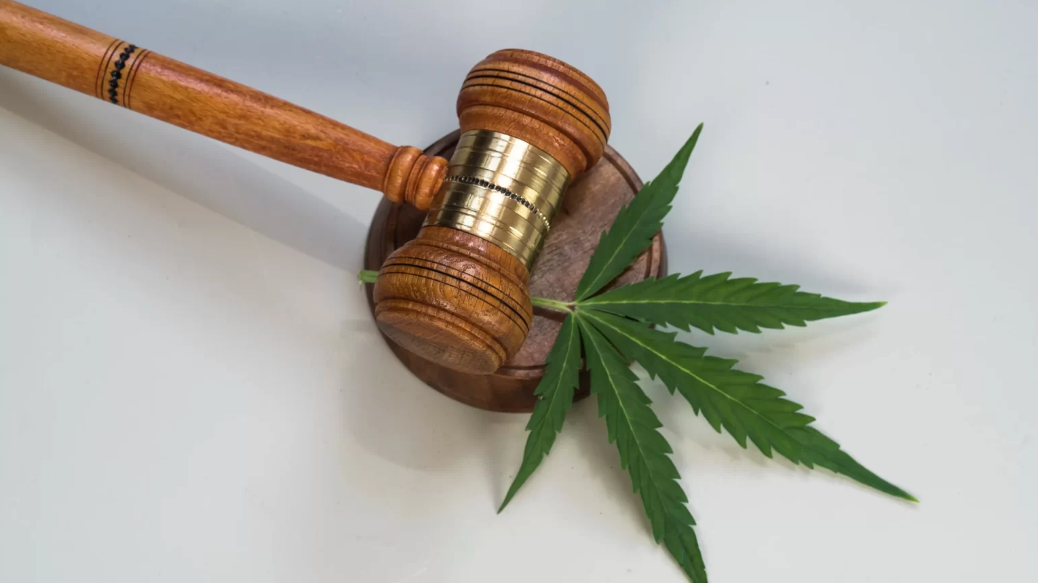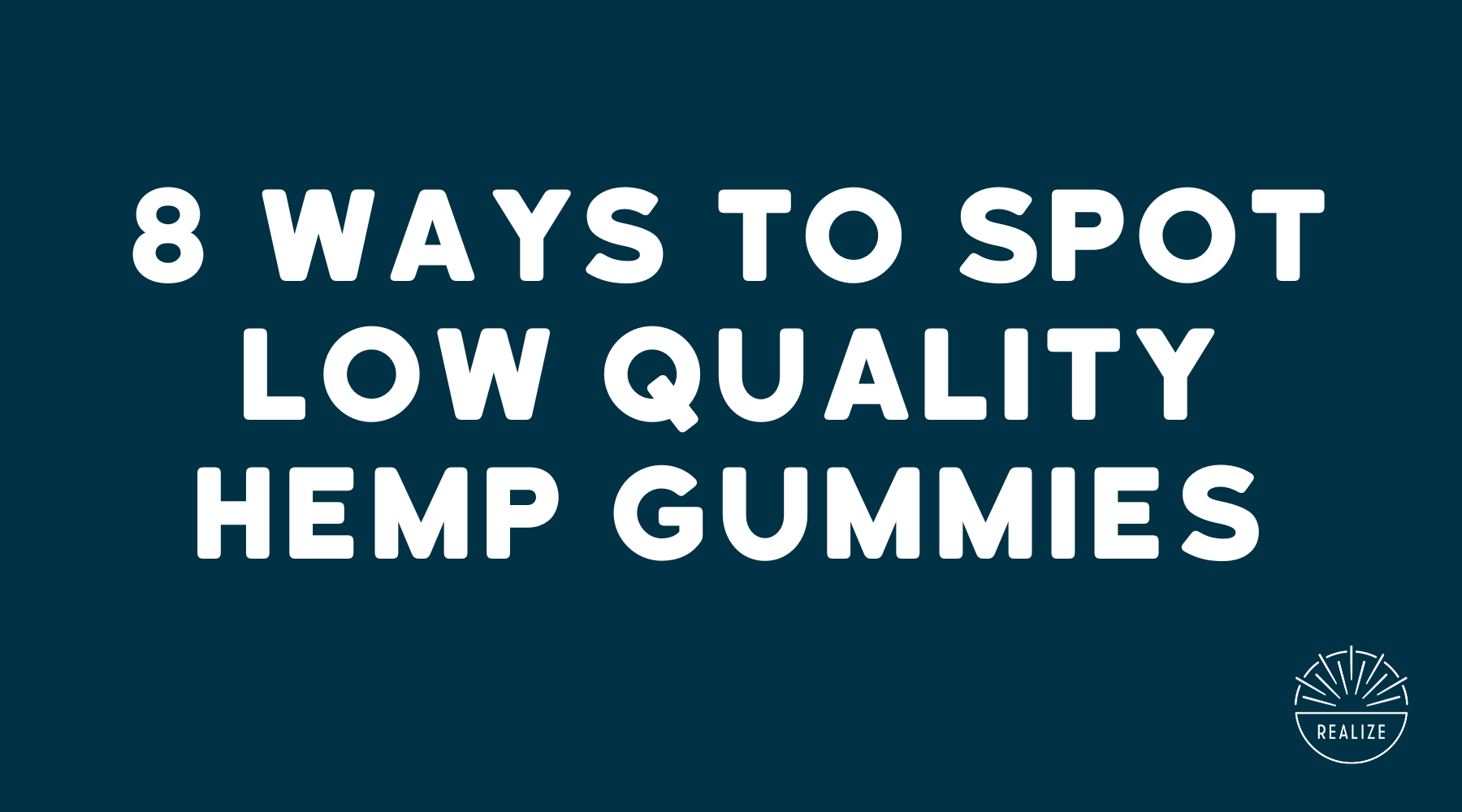What You Should "Realize" About HHC

Imagine you're browsing through the ever-expanding universe of cannabinoids, where each one offers its own unique experience. You've tried THC, CBD, maybe even Delta 8 and Delta 10. Just when you think you’ve seen it all, along comes HHC – a cannabinoid that’s sparking curiosity and excitement. If you’re wondering what HHC is all about, and why it’s generating buzz, you’re in the right place.
Welcome to HHC 101
Hexahydrocannabinol (HHC) is a lesser-known cannabinoid that has recently gained popularity among cannabis enthusiasts. Unlike THC (known for its psychoactive effects), HHC is a hydrogenated form of THC, meaning its chemical structure has been altered to include hydrogen atoms. This slight change in its molecular structure gives HHC some unique properties and effects, making it an intriguing option for those looking to explore new cannabinoids.
History
HHC was first synthesized in the 1940s by chemist Roger Adams, who added hydrogen molecules to THC in a process known as hydrogenation. This process is similar to how margarine is made from vegetable oil.
While hexahydrocannabinol was initially created in a lab, it’s also naturally found in cannabis, though in very small amounts. For decades, HHC remained relatively obscure, overshadowed by the more prevalent cannabinoids like THC and CBD. Having said that, with the recent surge in interest in alternative cannabinoids, HHC has resurfaced as a novel compound worth exploring.
How It’s Made
HHC can be produced in a lab through a hydrogenation process that involves adding hydrogen atoms to THC. This process changes the structure of THC, making it more stable and giving it different effects. The hydrogenation process can be applied to both Delta 9 THC (the most common form of THC) and Delta 8 THC, resulting in different types of HHC. Once created, HHC can be isolated and purified, making it suitable for use in a variety of products.
Keep in mind though, the process of making hexahydrocannabinol involves advanced chemistry, and because it’s still relatively new, not all producers have the capability to create it. This has made HHC-based products somewhat rare, though they are becoming more available as interest in this cannabinoid grows.
Legality
HHC is another cannabinoid with an evolving legal status here in the United States, as it’s broken down in two levels:
- Federal Level: HHC is not specifically listed in the Federal Controlled Substances Act. Its legal status can be somewhat ambiguous because it is a cannabinoid derived from cannabis. The 2018 Farm Bill legalized hemp and its derivatives, provided they contain less than 0.3% Delta-9 THC. Since HHC isn’t explicitly mentioned in the bill, its legality under federal law can be subject to interpretation.
- State Level: The legality of HHC varies by state. Some states may allow HHC under the general category of hemp-derived cannabinoids, while others may have specific regulations or restrictions. As HHC is relatively new and less well-known, many states have not yet established clear rules regarding its legality.
For the most accurate and up-to-date information, especially if you are considering purchasing or using HHC, it’s advisable to check local regulations.
Getting to Know HHC’s Uses and Effects
HHC is known for producing effects that are similar to THC but with some key differences. Users often describe the effects of HHC as being more subtle and clear-headed than those of Delta 9 THC. Hexahydrocannabinol’s often considered to be less potent, which makes it appealing to those who want to experience the psychoactive effects of cannabis without the intensity that can sometimes come with THC.
Some users report feeling uplifted, energized, and focused when using HHC, making it a popular choice for daytime use. Others enjoy it for its blissful-like effects, which can help to enhance social interactions or simply unwind after a long day.
Nonetheless, as with all cannabinoids, its effects can vary depending on the individual, the dose, and the method of consumption. Also, due to its novelty, there’s still a lot to learn about HHC and its full range of effects. As such, it’s important for users to approach it with an open mind.
Different HHC Product Types
HHC’s versatility is reflected in the variety of products available to consumers, with some of them even being found here at Realize, like the following:
- HHC Gummies: HHC gummies are a nice choice for those looking for a tasty, discreet, and easy way to consume this cannabinoid. These gummies come in various flavors and have a pre-measured dose, making it simple to control your intake. The effects of gummies are usually slower to kick in, taking anywhere from 30 minutes to an hour, but they last longer, providing a sustained experience.
- HHC Edibles: Beyond gummies, HHC is available in a variety of edible forms, including chocolates and candies. These edibles offer a flavorful way to experience HHC, with effects that are similar to those of gummies—slow onset but long-lasting. Edibles are ideal for those who enjoy the process of eating and want to savor their HHC experience over an extended period.
- HHC Capsules: For those who prefer a straightforward, discreet, portable, and consistent method of consumption, HHC capsules are an excellent option. These capsules provide a precise dose of HHC, allowing users to monitor and adjust their intake easily.
- HHC Drinks/Beverages: If you’re looking for something refreshing, HHC-infused drinks and beverages might be the way to go. From sodas and teas to energy drinks and even coffee, these beverages provide a fast-acting and discreet way to consume HHC. The effects are typically felt within 15 to 30 minutes, making them a convenient option for those who want to feel the effects quickly. Whether you’re hydrating on the go or enjoying a relaxing evening, HHC drinks offer a unique twist on traditional cannabinoid consumption.
- HHC Tinctures: Typically administered sublingually (under the tongue) for quick absorption, though they can also be added to food and drinks. This versatility, combined with the ability to adjust the dosage drop by drop, makes tinctures a favorite among experienced users. The effects of tinctures can be felt within 15 to 45 minutes, offering a balance between edibles and vaping.
- HHC Vapes: Vaping is one of the most popular ways to consume HHC, due to its convenience and rapid effects, along with it being paired with numerous strains. HHC vapes come in various forms, including disposable vape pens and pre-filled cartridges. Vaping allows users to inhale HHC leading to almost immediate effects. This method is favored for its ease of use, portability, and the ability to control the dosage with each puff, making it a great choice for those seeking quick and effective results. For instance, a Realize HHC Diamond Bar contains 2 grams oil per vape and uses live resin terpenes for authentic taste + all natural terpenes for enhanced flavor.
- HHC Flower: Offers a more traditional approach to consuming cannabinoids. This product consists of hemp or cannabis flower that has been infused with HHC, providing a balanced and immediate onset of effects. HHC flower is often preferred by users who enjoy the ritual of smoking or vaporizing and want to experience the full spectrum of cannabinoids and terpenes found in the plant.
- HHC Concentrates: For those seeking a potent experience, HHC concentrates are the way to go. These products, which include dabs, wax, and shatter, are highly concentrated forms of HHC. They offer intense effects with just a small amount, making them best suited for experienced users or those looking for a powerful experience. Concentrates are typically vaporized using a dab rig or specialized vaporizer, providing a fast and strong onset of effects.



